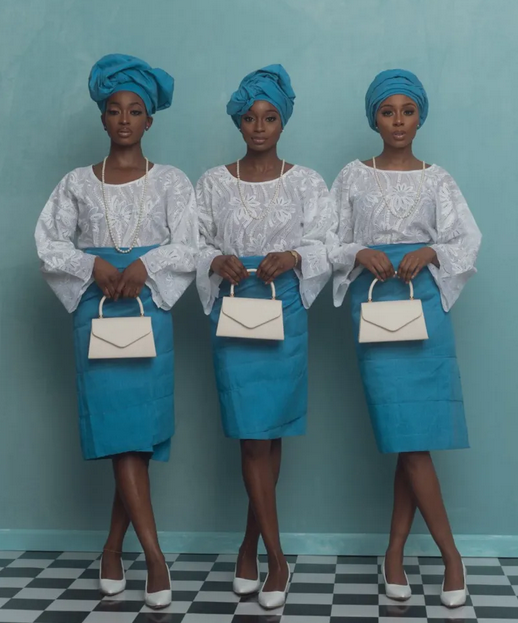Yoruba Language


About The Yoruba Language
The Yoruba language is one of the major languages spoken in Nigeria and some neighboring West African countries. It is primarily spoken by the Yoruba people, who are concentrated in the southwestern region of Nigeria, as well as in parts of Benin and Togo. With over 40 million speakers, Yoruba is one of the largest ethnic groups in Africa, and its language reflects a rich cultural heritage and linguistic diversity.
Phonology and Orthography:
Yoruba, like Igbo, is a tonal language, meaning that the pitch or tone in which a word is spoken can change its meaning. There are three primary tones in Yoruba: high, mid, and low. These tones play a crucial role in distinguishing between words and conveying nuances in meaning. For example, the word “ọkọ” pronounced with a high tone means “husband,” while pronounced with a mid tone means “farm.”
Yoruba is traditionally written using a script called “Yoruba Ajami,” which is based on the Arabic script but adapted to suit the phonetic requirements of the Yoruba language. However, today, the Latin alphabet is widely used in writing Yoruba, with additional diacritics to represent tone marks. This standardized orthography has facilitated the preservation and promotion of the Yoruba language in various contexts, including education, literature, and media.
Grammar:
Yoruba has a rich grammatical structure characterized by the use of prefixes, suffixes, and infixes to indicate tense, aspect, mood, and other grammatical features. Like Igbo, Yoruba also has a system of noun classes, although it is less extensive. Verbs in Yoruba are conjugated based on tense, aspect, and mood, and word order plays a significant role in conveying meaning.
Vocabulary and Influences:
The Yoruba language has a diverse vocabulary, with influences from various sources, including indigenous African languages, Arabic, Portuguese, and English. Contact with neighboring ethnic groups, trade networks, and colonial influences has contributed to the enrichment of the Yoruba lexicon. Despite the influx of foreign words, efforts are made to preserve indigenous Yoruba words and expressions to maintain cultural identity and linguistic heritage.
Cultural Significance:
Language holds significant cultural importance in Yoruba society, serving as a vehicle for communication, expression, and the preservation of oral traditions. Yoruba proverbs, folktales, and songs are integral parts of the language’s cultural heritage, conveying wisdom, moral lessons, and historical narratives from one generation to another.
Moreover, Yoruba language and culture have made substantial contributions to Nigeria’s artistic, literary, and musical landscapes. Renowned writers such as Wole Soyinka and Amos Tutuola, as well as musicians like King Sunny Ade and Fela Kuti, have brought Yoruba cultural expressions to global audiences through their works.
In recent years, there has been a growing emphasis on the importance of preserving and promoting Yoruba language and culture through education, literature, and digital media. Schools and universities offer Yoruba language courses, and initiatives such as Yoruba language festivals and cultural events celebrate the language’s vitality and relevance in contemporary Nigerian society.